Finishing Touches for Your Asphalt, Concrete, and Paver Projects: Enhancing Longevity and Aesthetics
Expert Finishing Touches for Asphalt, Concrete, and Pavers | JIP Construction
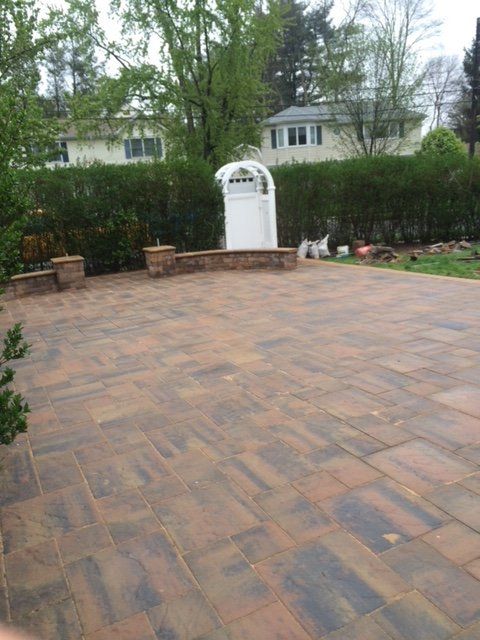
When it comes to completing a construction project, it's easy to focus on the big things like foundations, walls, and the structure itself. However, the finishing touches can make all the difference in the world, particularly when you're dealing with asphalt, concrete, or pavers. Whether you're installing a new driveway, patio, or backyard pavers, ensuring a professional and lasting finish is essential for both aesthetics and durability. If you're looking for expert guidance on the final steps of your paving or masonry project, JIP Construction offers top-notch services in Long Island and across New York.
In this guide, we will focus on how to apply those finishing touches to asphalt, concrete, and pavers to maximize both functionality and longevity.
Protecting Asphalt and Concrete Surfaces with Sealant
Asphalt and concrete are some of the most popular materials for driveways, sidewalks, and patios because they are durable and versatile. However, over time, both can suffer from wear and tear due to weather, vehicle traffic, and natural aging. This is where applying a sealant comes in.
Why You Should Seal Asphalt and Concrete
Asphalt and concrete, while sturdy, are porous materials. This means they are prone to absorbing water, which can freeze and expand during colder months, causing cracks and other damage. Furthermore, UV rays can degrade the materials, causing them to fade and weaken over time. Adding a protective sealant helps:
- Waterproof the surface: A good sealant creates a waterproof barrier, reducing the chances of water infiltrating the surface.
- Prevent cracking: Sealing helps fill small cracks and prevents new ones from forming, prolonging the lifespan of the material.
- Enhance appearance: It gives the surface a fresh, clean look, restoring its color and making it more resistant to fading caused by the sun.
- Increase longevity: A sealed surface can last significantly longer compared to one left unprotected.
When and How to Apply a Sealant
The best time to apply a sealant is after the surface has cured, typically a few months after the installation of asphalt or concrete. Ideally, you should reseal the surface every few years to maintain maximum protection.
The process involves:
- Cleaning the surface: Remove any dirt, debris, or stains to ensure the sealant adheres properly.
- Filling cracks: If there are small cracks or holes, these should be filled before applying the sealant.
- Applying the sealant: Using a roller or spray, the sealant is evenly spread across the surface.
- Letting it dry: Allow adequate time for the sealant to cure and dry before using the surface again.
At JIP Construction, we specialize in sealant applications that are durable and weather-resistant, ensuring your surfaces remain in top condition year-round.
Pavers: The Finishing Touch with Joint Sand
Pavers are a beautiful and versatile choice for patios, driveways, walkways, and backyard landscapes. They come in a wide range of materials like brick, stone, and concrete, offering endless possibilities for customization. However, after installing pavers, the process isn't complete until you've addressed the spaces between them.
Why Sand is Important for Paver Joints
The gaps between pavers are more than just cosmetic. Without the right filler, these gaps can cause several problems:
- Pavers can shift: Over time, without something locking them in place, pavers can move, creating uneven surfaces.
- Weeds may grow: Unfilled spaces provide the perfect environment for weeds and other vegetation to take root.
- Water drainage issues: Without proper sand, water can accumulate between pavers, leading to erosion or damage to the base layer.
Using sand between the joints locks the pavers in place, ensuring they remain level and stable over time.
Types of Sand for Paver Joints
There are two main types of sand that can be used between pavers:
- Regular joint sand: This type of sand is brushed into the gaps and helps to stabilize the pavers, though it may need to be reapplied periodically.
- Polymeric sand: A modern alternative to regular sand, polymeric sand contains a binding agent that hardens when exposed to water. This type of sand offers superior stability, prevents weed growth, and reduces the need for frequent maintenance.
At JIP Construction, we recommend using polymeric sand for its enhanced durability and long-lasting performance. It's especially ideal for projects like driveway pavers and high-traffic areas where stability is key.
Applying Sand to Paver Joints
The process of applying sand between pavers is relatively simple, but it's essential to do it correctly for the best results:
- Spread the sand: After the pavers have been laid, spread the sand evenly across the surface.
- Sweep into the joints: Using a broom, sweep the sand into the gaps between the pavers, ensuring they are fully filled.
- Compact the pavers: Run a compactor over the pavers to help the sand settle into the joints.
- Add more sand if needed: Repeat the sweeping and compacting process to make sure the joints are completely filled.
- Seal the sand: In the case of polymeric sand, wet the surface with water to activate the binding agent, ensuring the sand stays in place.
Custom Paver Designs: Enhancing Your Outdoor Space
For homeowners in Long Island, choosing the right paver design can transform a basic outdoor area into a functional, aesthetically pleasing space. At JIP Construction, we offer a wide variety of paver styles, from natural stone pavers to interlocking concrete options, tailored to your needs. Whether you're looking to create a luxurious pool patio or a practical driveway, we can guide you through the best choices for your project.
Top Paver Ideas for Long Island Homes
- Bluestone Patio NY: Perfect for homeowners seeking a timeless and elegant look, bluestone offers durability and beauty for outdoor living spaces.
- Permeable Pavers for Driveways: Eco-friendly and water-efficient, these pavers allow water to pass through, reducing runoff and helping manage stormwater.
- Large Format Pavers: These oversized pavers create a sleek, modern look that works well for contemporary homes.
- Brick Pavers for Patios: Classic and durable, brick pavers provide a traditional yet sophisticated appearance for any patio.
- Stamped Concrete: If you're looking for the texture of natural stone without the cost, stamped concrete is an excellent alternative.
Choosing JIP Construction for Your Next Paver or Masonry Project
At JIP Construction, we pride ourselves on delivering high-quality craftsmanship and attention to detail. Whether you're upgrading your driveway, installing a new patio, or enhancing your backyard with custom pavers, we have the expertise to bring your vision to life. Our services are designed to meet the unique needs of Long Island homeowners, offering everything from affordable driveway pavers to premium outdoor patio designs.
Let us help you put the perfect finishing touches on your next project, ensuring durability, beauty, and long-lasting value.

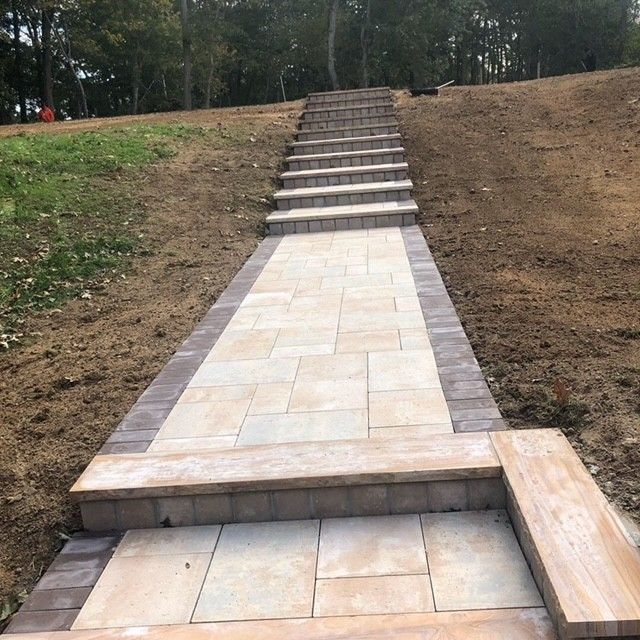


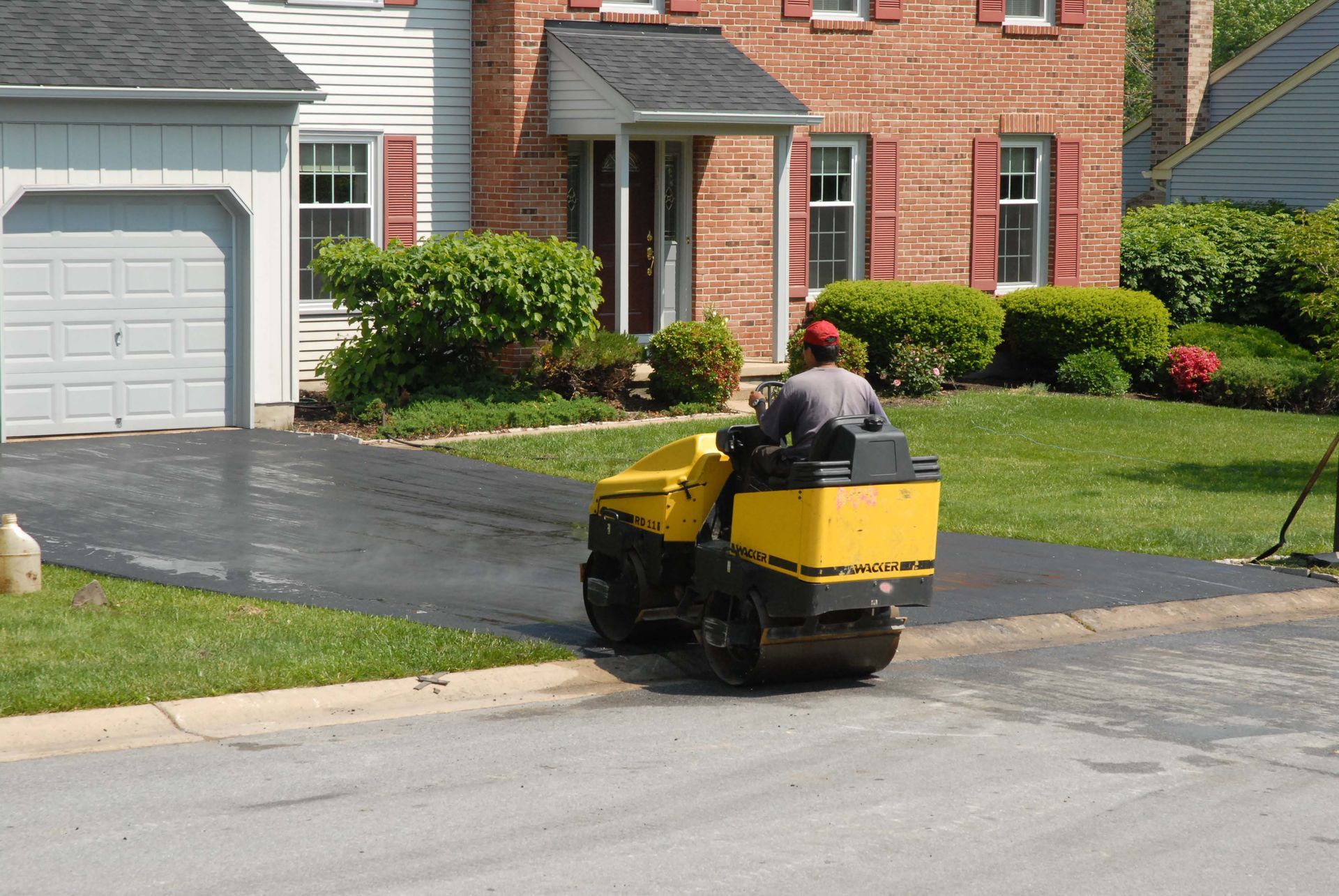
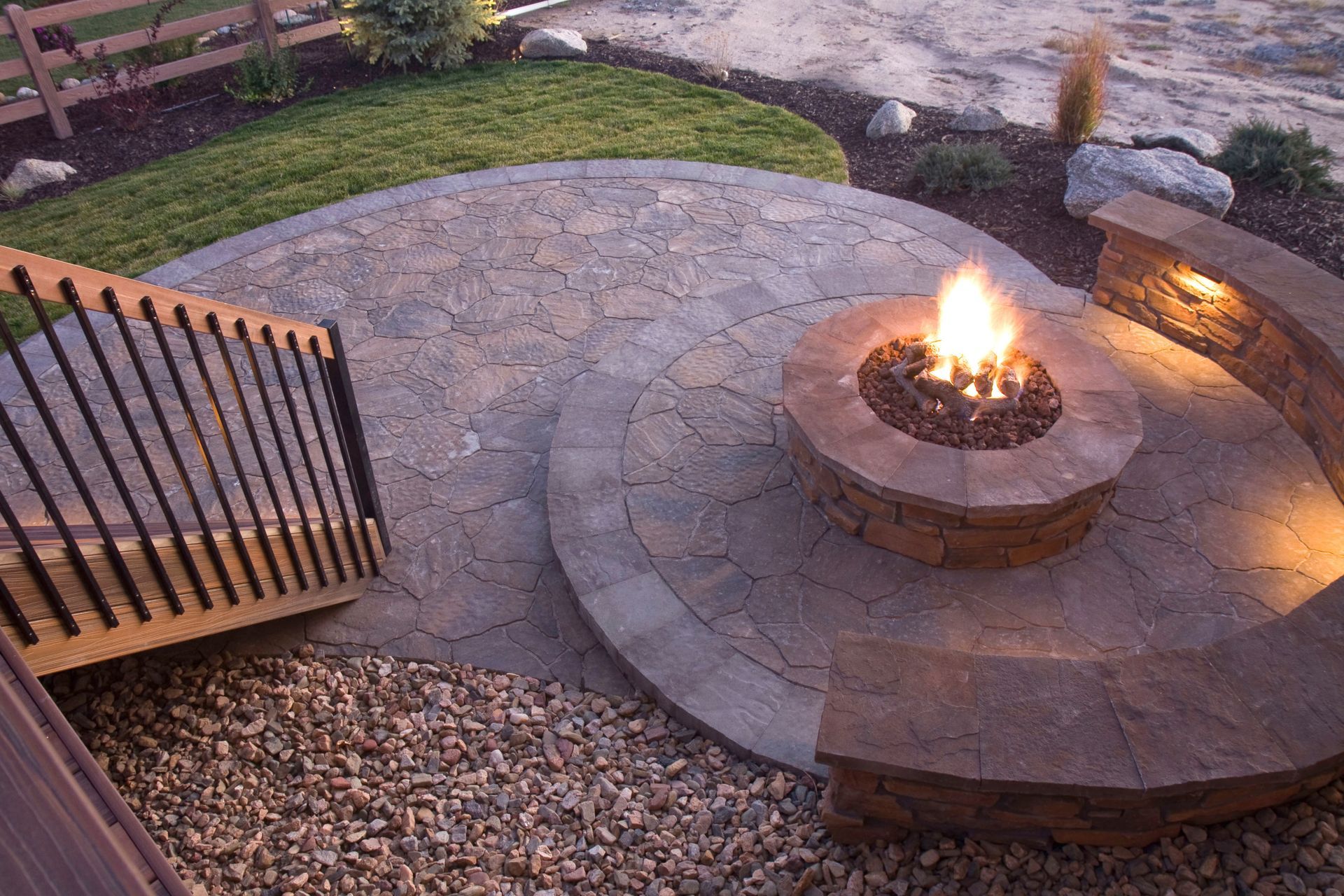
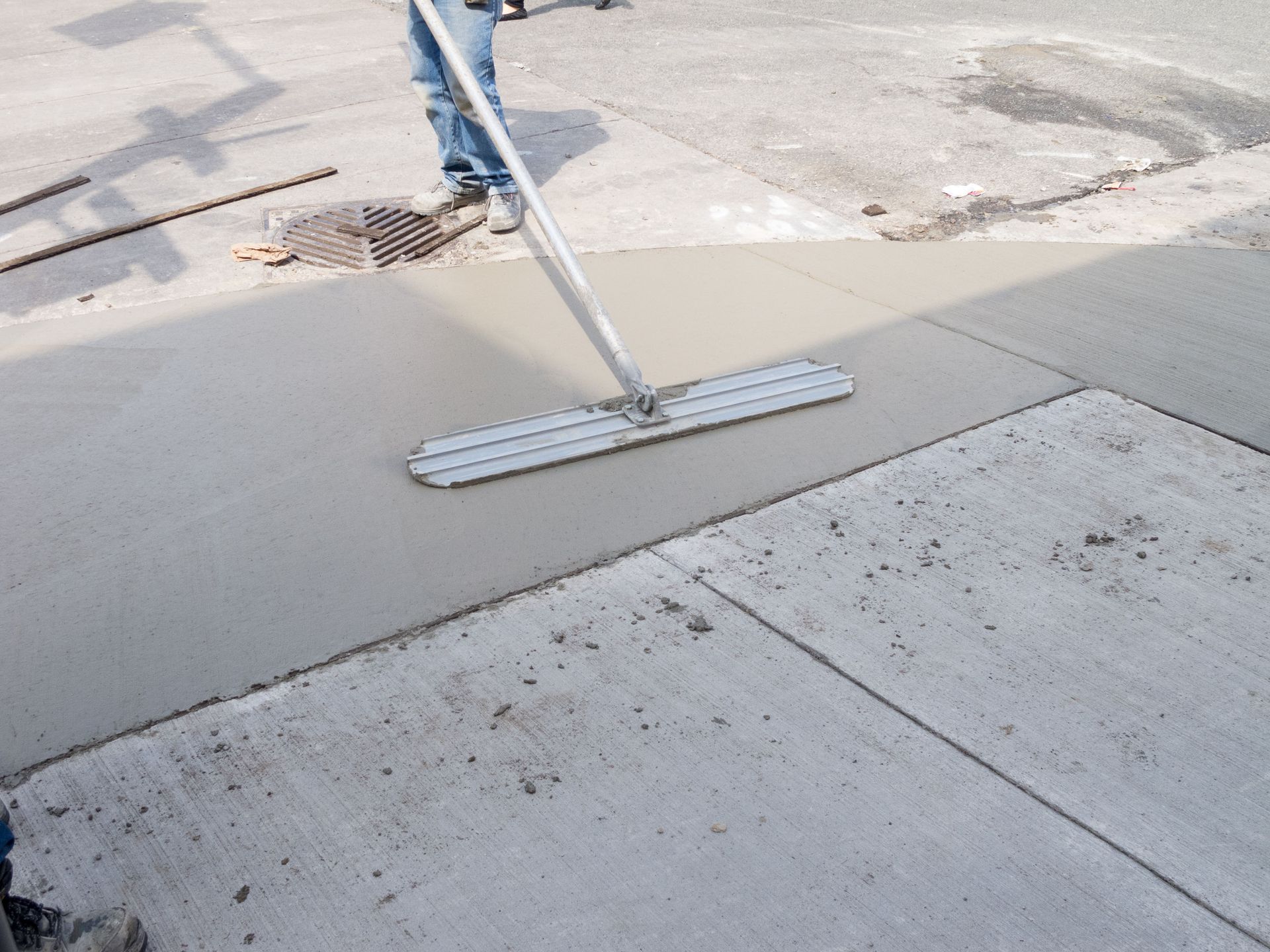
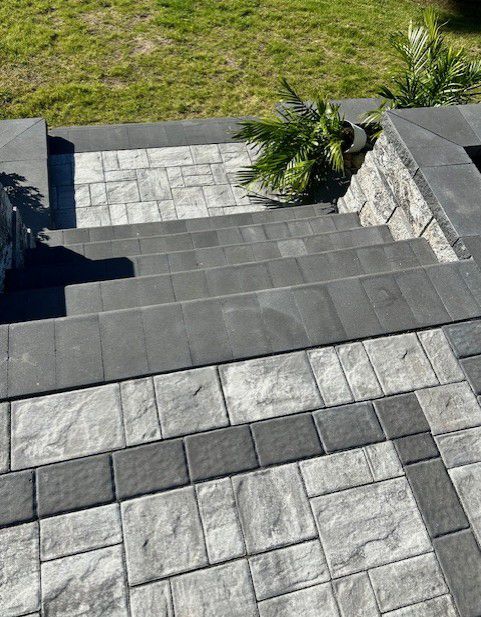
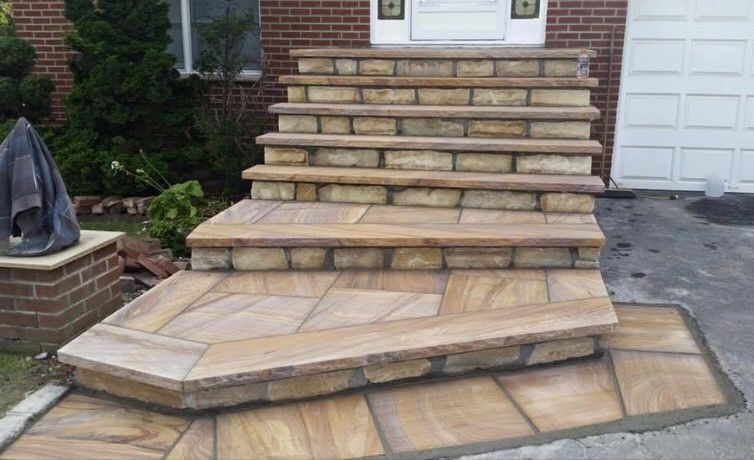
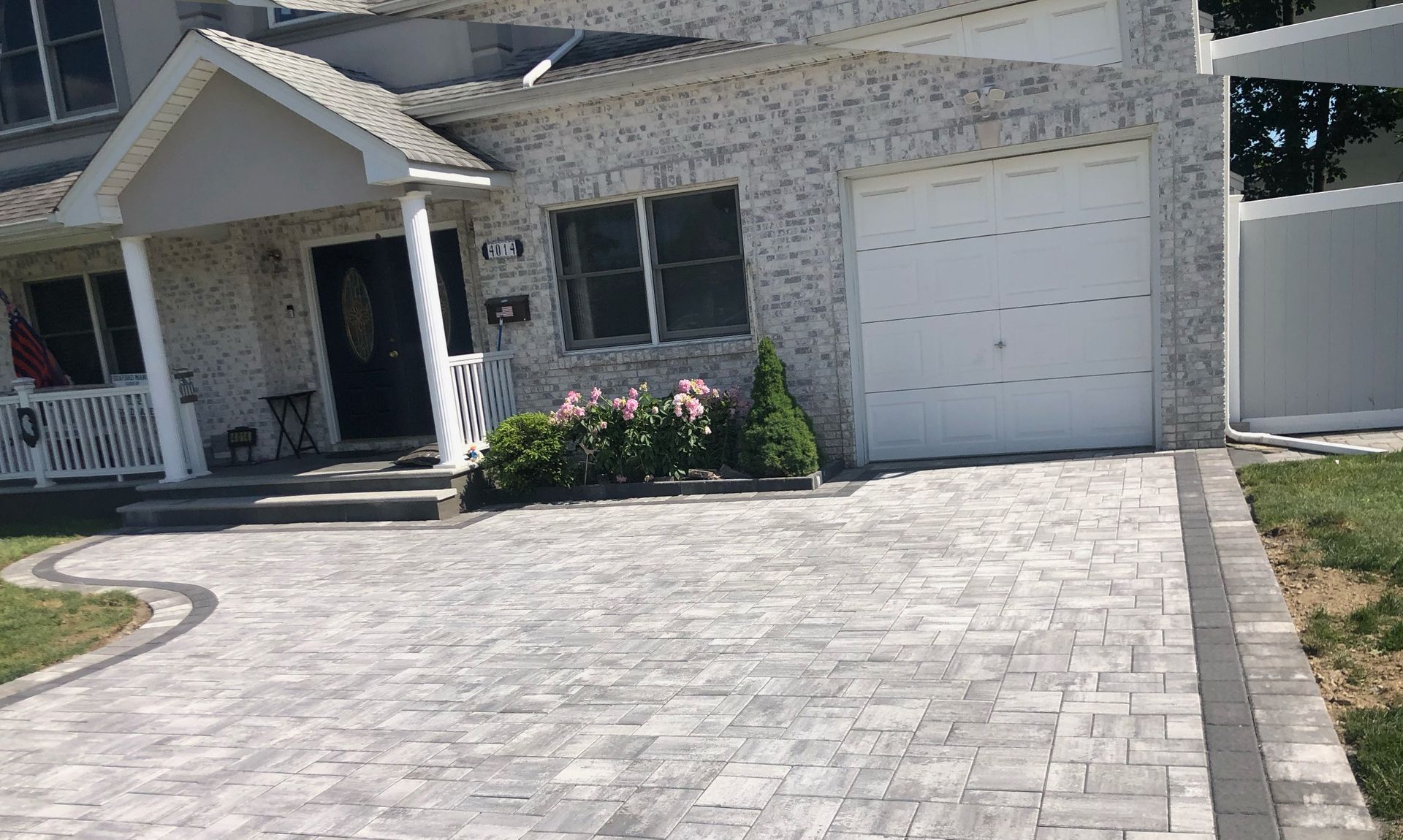
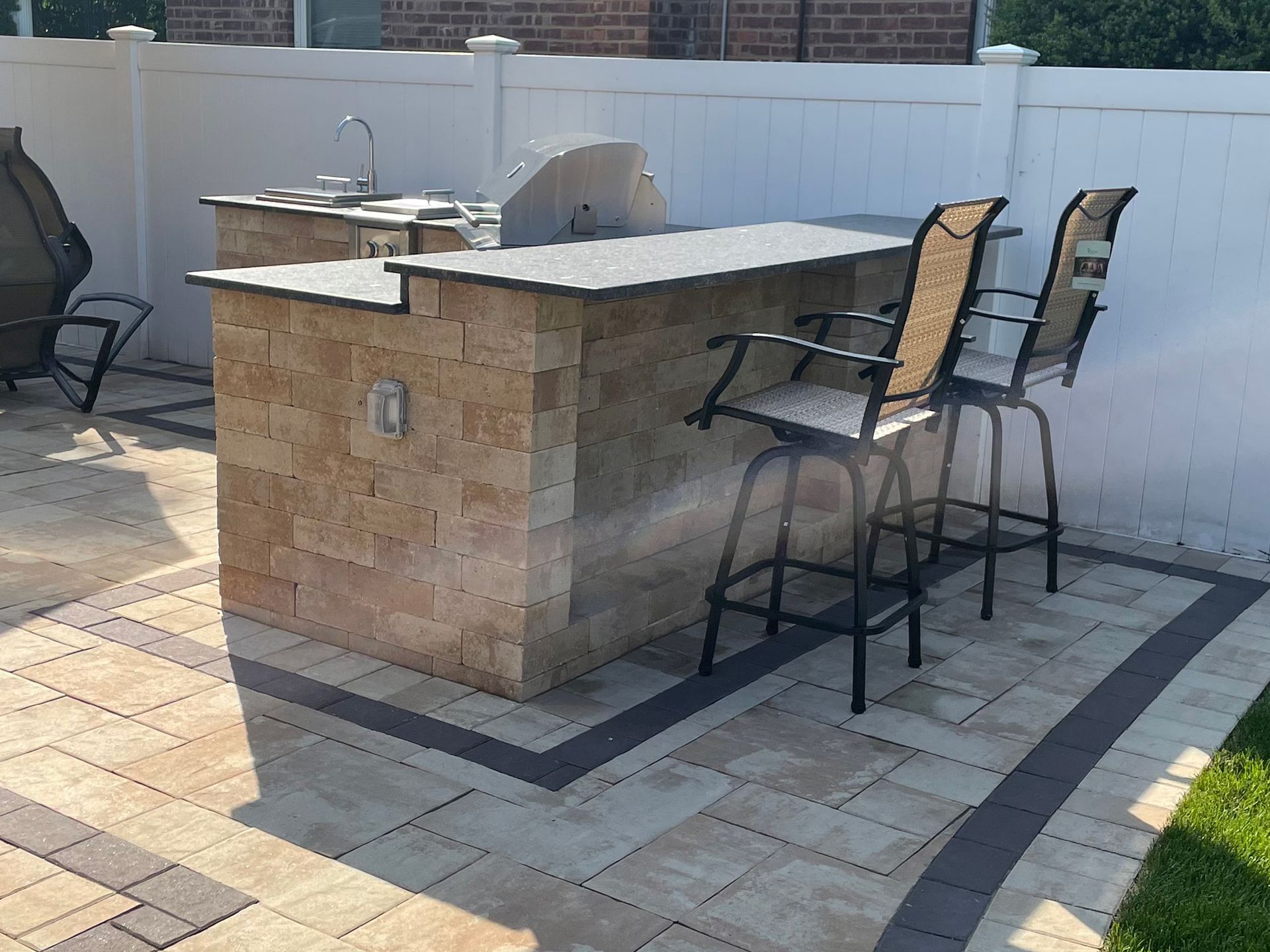

Share On: